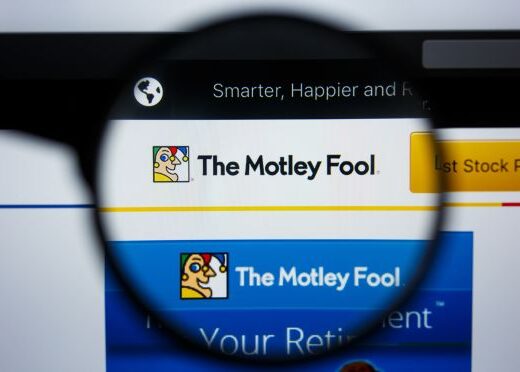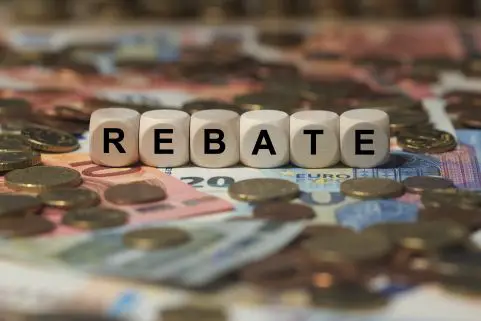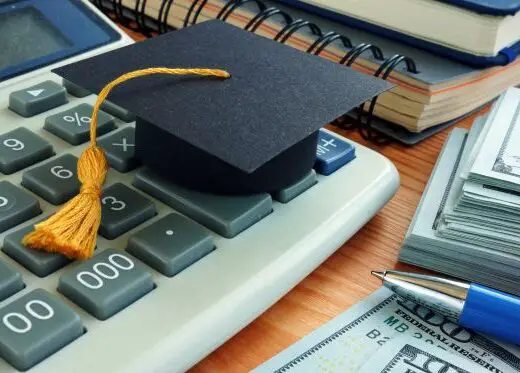
CommonCentsMom.com is advertiser-supported: we may earn compensation from the products and offers mentioned in this article. However, any expressed opinions are our own and aren't influenced by compensation. The contents of the CommonCentsMom.com website, such as text, graphics, images, and other material contained on this site (“Content”) are for informational purposes only. The Content is not intended to be a substitute for professional financial or legal advice. Always seek the advice of your Financial Advisor, CPA and Lawyer with any questions you may have regarding your situation. Never disregard professional advice or delay in seeking it because of something you have read on this website!
Recent world events have shown that the importance of being prepared cannot be overstated. Whether that refers to a global health crisis or your family finances, preparation is essential to ensuring success in the future. The need for an emergency fund is higher than ever, which is something you can do on your own, or work with personal financial planning providers to accomplish.
Regardless of the route you take to do it, it is pertinent that you and your family have an established emergency fund in place to cover anywhere from three to six months of regular expenses. This may seem like a daunting task for the average person, but with the right planning, you can get that emergency fund up and running quicker than you might realize.
Continue reading below for more information on getting an emergency fund in place for you and your loved ones.
Everything Is Expensive
On average, across the entire world, regular goods are becoming more expensive relative to the wages being earned. That may sound like a deterrent for saving your money but is actually the exact opposite. That emergency fund could end up being absolutely essential down the road, and saving more at the moment will protect your future. Just because everything is more expensive now, doesn’t mean it won’t be even more expensive later on.
Figure Out How Much To Save
There is no perfect formula to figure out how much each person and family unit needs to set aside for an emergency fund. Yet, there is some simple math you can do to ensure you are on the right track. Take the time to track and detail all of your expenses each month, for a number of consecutive months, to get a firm idea of how much it costs your family to live. Your goal will be to take that number and multiply it by at least five. It may seem impossible at first glance, but there are a variety of ways to add to it each week.
Save Money Elsewhere
This part takes work, dedication, and ingenuity to do properly, but saving money on everyday essentials can add up to a lot at the end of the month. Take the time to clip coupons, shop in-store sales, use mobile apps, whatever you can do to save money on necessities. You would be surprised at how much you can reduce your monthly budget with the right attitude and work ethic. Take the time to go through all of your fixed and variable expenses, then look to see where you can cut some costs. There are savings to be found just about everywhere, and even a few dollars a month will do a lot to help over the long run.
Emergencies Only
It is one thing to be able to save enough to have an emergency fund, but it is another thing entirely to have the determination and control to stick to your plan. Make sure that this fund has no outside access from anyone else, and don’t make it too easy to dip into it on a whim. If you have impulse-control issues, talk to your bank about options for keeping your emergency fund safe. You must define exactly what constitutes an emergency, and make sure that the money is only ever used for that specific purpose. This is not a savings fund for random purchases, it serves a purpose, and you must keep this in mind.
Balance Savings With Debt
With the majority of adults carrying some form of consumer debt, it is absolutely possible to both pay off your existing debts, along with adding to your desired emergency fund. It is important that you know exactly where every penny is going, and a professional financial planner could be a valid option to ensure you are doing things right.
If a financial planner is out of the question, you want to at least ensure that you are paying off more than just the interest on your debts each month. Make sure that you are paying into the principal of what you owe, then you can start adding to the emergency fund. This will take longer to pay off your debts but will give you a better overall balance for the future.
Keep Yourself Accountable When It Comes To Building Your Emergency Fund
Staying accountable is much easier said than done for most people, as we are only human after all. Just make sure you set goals and boundaries for your emergency fund and have the willpower and fortitude to stick to them. This fund is one that will help your family out in times of dire need, and you want to make sure it is there when you truly need it. There is no way to predict what the future will bring, so make sure you have the necessities covered with a solid emergency fund moving forward.






